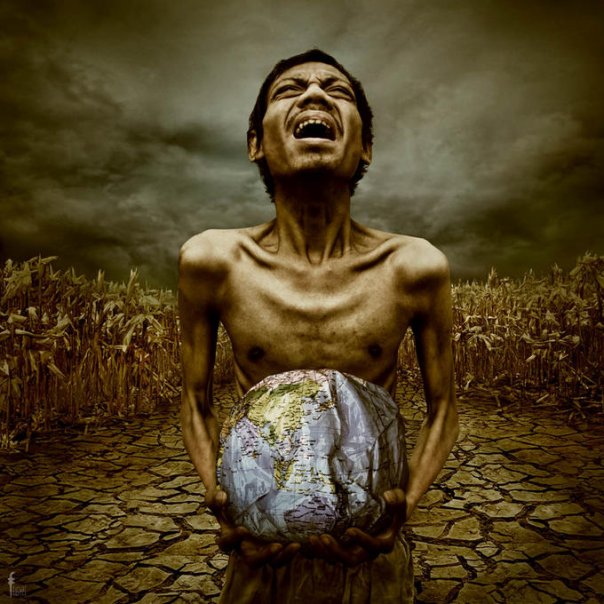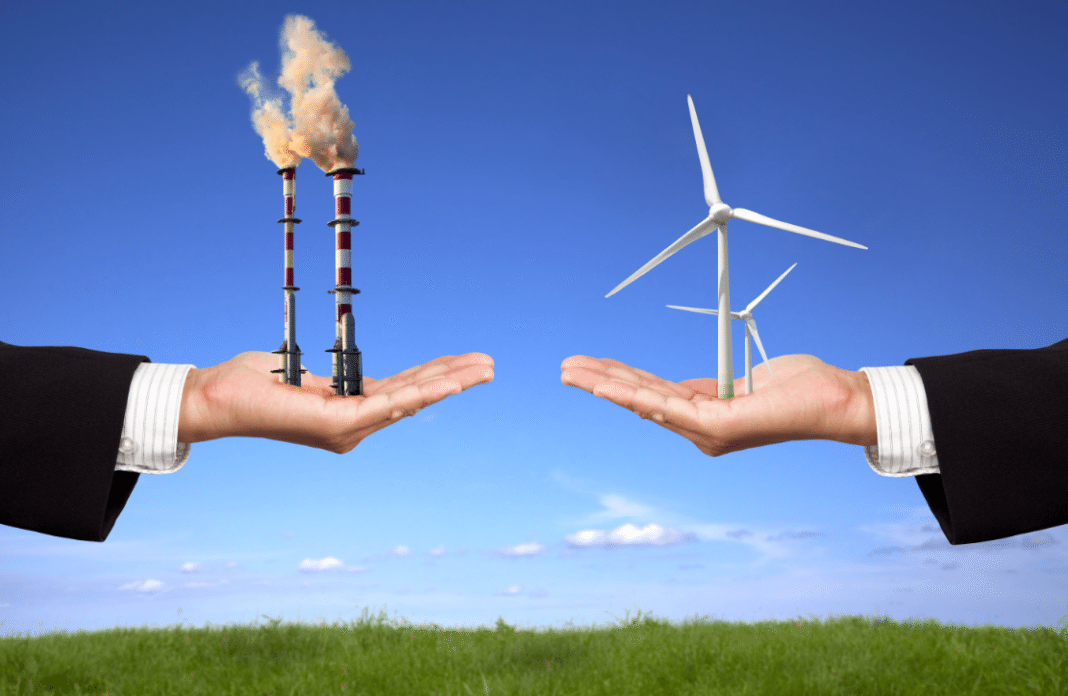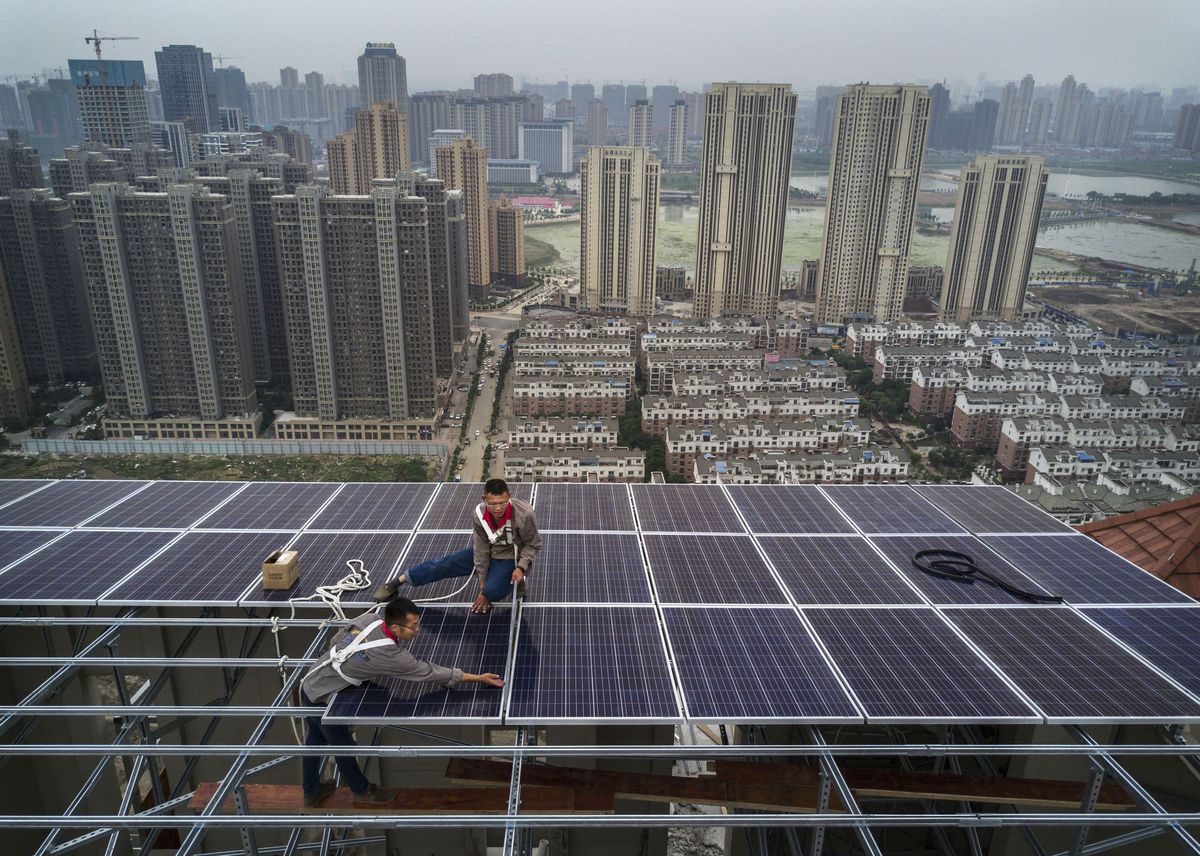
A painting by Berrin Duma. Photo: turkishpaintings.com
‘Anglo-Saxon capitalism’s drive to maximise profits in the short term won’t save the planet. Perhaps the Chinese model can?’
‘Winning the race against time requires political leadership. It means acknowledging that the Chinese model of managed and directed capitalism might be more appropriate than the Anglo-Saxon model’
‘And, more than anything, it means accepting that the world needs to wage war against climate change. Powerful vested interests will say there is plenty of time to act, and they are aided by climate-change deniers who say there is nothing to worry about. These people need to be called out. They are not deniers, they are climate-change appeasers. And they are just as dangerously misguided as fascism’s appeasers in the 1930s.’-Larry Elliott, economics editor, The Guardian
And now lest we forget:
‘Heat now kills more Americans than floods, hurricanes or other natural disasters.’+
And then the US President leaves the Paris Accord and pushes for huge increases in coal and other fossil fuel production!!
‘The U.S. emitted 5.4 billion tons of carbon dioxide in 2015, with a cost per ton of $36 (the current Social Cost of Carbon). That means the U.S. is paying $200 billion to cover the costs of all the emissions being burned. In effect, it’s a $200 billion hidden subsidy to the fossil fuel industry. This $200 billion is a cost in real money—in lost labor productivity, healthcare costs, increased energy expenditures, coastal damages—that is paid somewhere in the world for each ton of carbon dioxide that is emitted.’*
Corporate visions of sustainability focus on material prosperity – but leaders must respect the soul as well as the soil

Time to decide: Coal or solar? Photo: nationofchange.org
And then we have Confucianism, the backbone of the Chinese economic and enviromental model and philosophy
“Just do what is right and proper and then all will be well.”
‘Confucianism is a system of thought based on the teachings of Kong Zi, Master Kong (better known in English as Confucius) who lived from 551 to 479 BC. He is revered in Chinese history for the moral code he taught, which was based on ethics, humanity and love.
‘If the foundations of living are strengthened and are economically used, then Nature cannot bring impoverishment. But if the foundations of living are neglected and used extravagantly, then Nature cannot make the country rich,’ observed his follower, Xunzi, Master Zi.
‘One day a disciple asked the Master: "Is there one word that should cover the whole duty of humankind?" And Confucius replied: "Fellow-feeling, perhaps, is that word. Do not do to other people what you do not want them to do to you." And this golden rule in Confucianism is key to understanding the Confucian understanding of ecology.’++

Chinese workers install rooftop solar panels in Wuhan, China. Photo: Kevin Frayer/Getty Images
Capitalism can crack climate change. But only if it takes risks
‘This summer’s heatwave has provided a glimpse of the future, and it is not a pretty one. On current trends, the years to come will see rising temperatures, droughts, a fight to feed a growing population, and a race against time to reduce dependency on fossil fuels.
The struggle to combat climate change brings out the best and worst of capitalism. Decarbonisation of the economy requires alternatives for coal and cars that run on diesel, and that plays to capitalism’s strengths. Innovation is what capitalism is all about, and there has been staggeringly rapid progress in developing clean alternatives to coal, oil and gas. The cost of producing solar- and wind-powered electricity has collapsed. Great advances are also being made in battery technology, which is vital for the new generation of electricity-powered vehicles. Humans are endlessly creative. In the end, they will crack climate change.
But by the time they do, it could be too late. Capitalism – especially the dominant Anglo-Saxon variant of capitalism – has trouble thinking beyond the here and now. People running big corporations see their job as maximising profits in the short term, even if that means causing irreparable damage to the world’s ecosystem. What’s more, they think they should be free to get on with maximising profits without any interference from politicians, even though the fight against climate change can only be won if governments show leadership, individually and collectively.
The economist Joseph Schumpeter talked about the process known as “creative destruction” – the way in which inefficient producers are put out of business by disruptive new technologies and that, as a result, transformation happens. During wars, the best brains are employed by governments to produce more efficient killing machines.
But normally creative destruction takes time, especially if the old guard can marshall sufficient resistance to change – something the fossil fuel industry has been adept at doing. It is vital that capitalism’s Dr Jekyll emerges victorious over its Mr Hyde. More than that, it needs to be an immediate knockout blow.
In the past, politicians have only tended to focus on climate change when they think there is nothing else to worry about. Tony Blair, for example, commissioned a report from the economist Nick Stern into climate change during the years before the global financial crisis, when growth was strong and wages were rising. Margaret Thatcher only started to talk publicly about protecting the environment when the economy was booming at the end of the 1980s.
When policymakers have other things to worry about, tackling climate change drops down the list of things to do. The Paris agreement in 2015, which committed the international community to restricting global warming to well below two degrees centigrade, shows that the issue is taken more seriously than it was two or three decades ago, but that doesn’t mean that it is a top priority.
When times are tough, politicians are suckers for the argument that there is a trade-off between growth and greening the economy. There isn’t. Companies account for capital depreciation when they draw up their profit and loss accounts. If governments adopted the same principle and accounted for the depletion of natural capital when drawing up their national accounts, growth would be lower. In countries such as China and India – where the cities are dangerously polluted – it would be markedly lower.
The good news is that in Beijing and New Delhi, policymakers have woken up to the idea that green growth is better growth. China is committed to phasing out coal, in part because it is worried about climate change and in part because it sees an opportunity to be a world leader in green technology. India, although slower to act, is also starting to take advantage of collapsing prices for electricity generated by solar and wind, and has set itself demanding renewables targets.
But the bad news is that progress towards decarbonisation is still not fast enough. As things stand, fossil fuels will still account for more than 50% of energy consumption by 2050. CO2 emissions will carry on rising and global warming will continue.
Stern says technological progress has been much faster than he thought possible when his report was published in 2006, and he thinks it is quite something that all the major car-makers now accept that the era of the internal combustion engine is coming to an end.
“But the speed of action is still far too slow,” Stern warns. “Emissions have to be peaking now and turn down very sharply. We have not yet acted on the scale needed, even though the ingredients are there.”
Winning the race against time requires political leadership. It means acknowledging that the Chinese model of managed and directed capitalism might be more appropriate than the Anglo-Saxon model. A massive scaling up of investment in clean technology is needed, because the $300bn spent on decarbonisation worldwide last year merely matched the cost of the losses in the US from climate and weather-related events. It also means scaling up the lending of the World Bank and the regional development banks to help poorer countries build wind and solar capacity. And a global carbon tax set high enough so that fossil fuels remain in the ground must be implemented.
And, more than anything, it means accepting that the world needs to wage war against climate change. Powerful vested interests will say there is plenty of time to act, and they are aided by climate-change deniers who say there is nothing to worry about. These people need to be called out. They are not deniers, they are climate-change appeasers. And they are just as dangerously misguided as fascism’s appeasers in the 1930s.’
This article was first published in the Guardian on Thursday 16 August 2018.
See the original article: Capitalism can crack climate change. But only if it takes risks
+'It can’t get much hotter ... can it?' How heat became a national US problem
*The $200 Billion Fossil Fuel Subsidy You've Never Heard Of
++What does Confucianism teach about ecology?
Related reading:
Heat: the next big inequality issue
Mother Earth is Crying: A Path to Spiritual Ecology and Sustainability
Pursuing Common Values: A Call to Recover our Moral and Spiritual Imagination, Transforming Society
